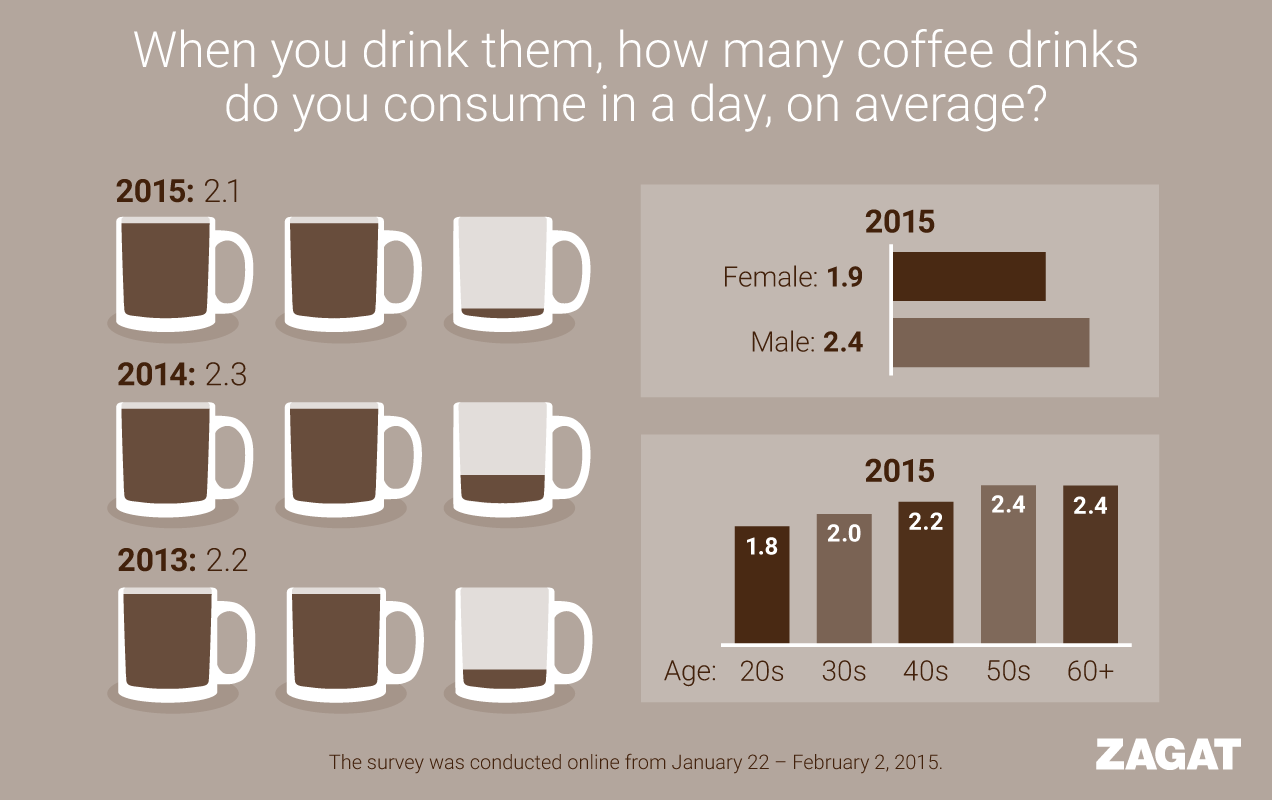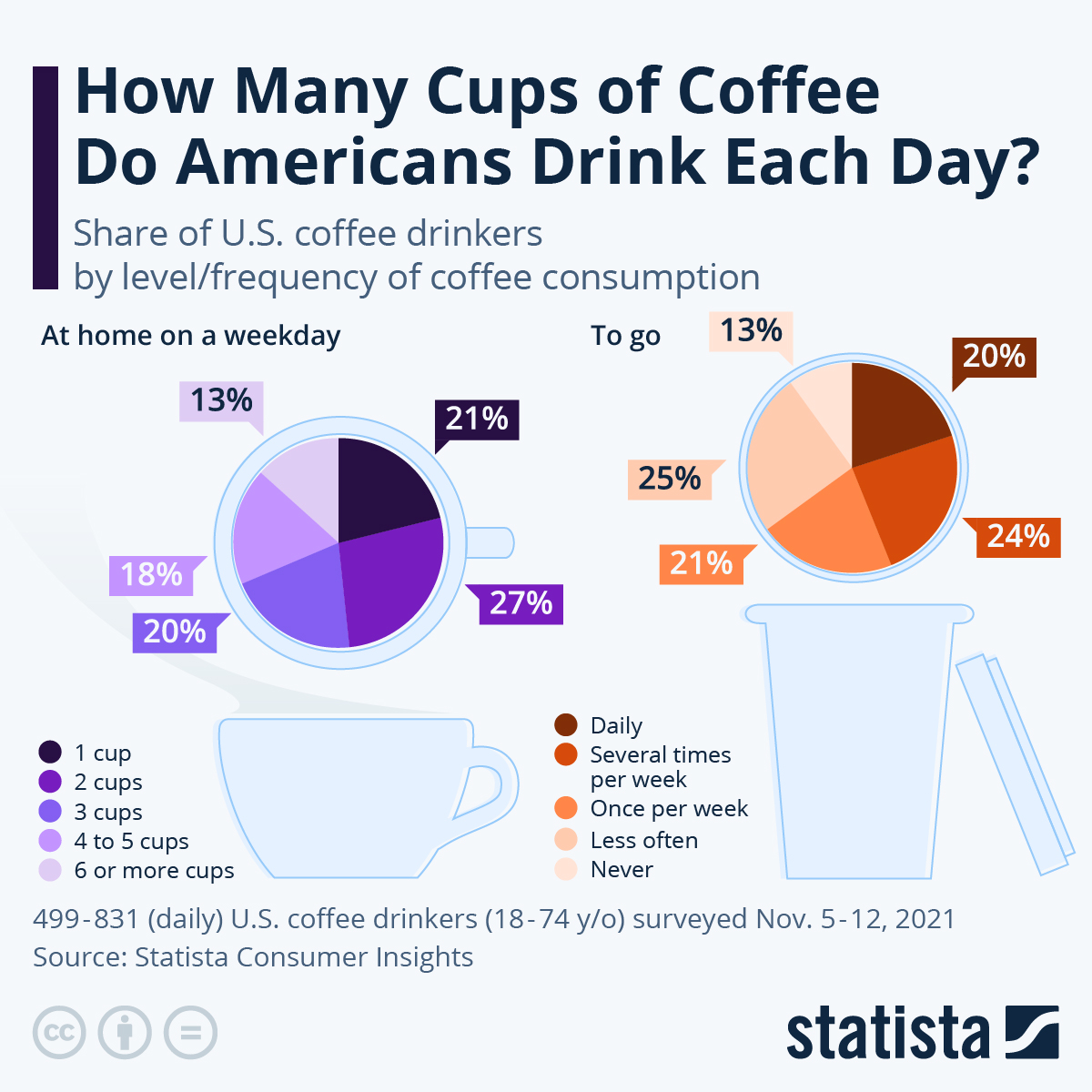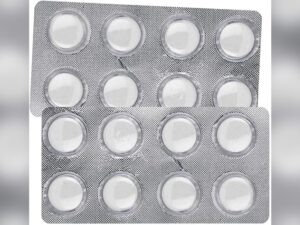You probably start your day with a cup of coffee, or maybe even reach for a second or third as the hours go by. But have you ever stopped to wonder how many cups of coffee you can safely drink in a day?
Too much caffeine can lead to jitters, trouble sleeping, or even a racing heart, but cutting back might feel impossible when coffee keeps you alert and focused. This article will help you understand the right amount of coffee for your body, how your personal tolerance plays a role, and what to watch out for if you want to enjoy your favorite brew without risking your health.
Keep reading to discover how to balance your coffee habit and feel your best every day.
Daily Coffee Limits
Knowing your daily coffee limits helps you enjoy coffee safely. Drinking too much can cause problems like anxiety, sleep issues, or fast heartbeat. Everyone reacts differently to caffeine, so understanding the safe amount is important.
Here, we explain how many cups are generally safe for adults and the caffeine intake levels recommended by health experts.
Recommended Cups For Adults
Most adults can safely drink about three to five cups of coffee per day. This amount usually provides a good balance between enjoying coffee and avoiding side effects. Drinking more than five cups may increase risks like higher blood pressure or sleep disruption.
Keep in mind, individual tolerance varies. Some people feel jittery with even one cup, while others handle more without problems.
Safe Caffeine Intake Levels
Health guidelines suggest a daily caffeine limit of 400 milligrams for most adults. This equals roughly four standard cups of coffee. Staying under this limit helps prevent negative effects like nervousness or heart palpitations.
Remember to count caffeine from other sources too, such as tea, soda, and energy drinks. Total caffeine intake matters more than coffee alone.
Effects Of Excess Coffee
Drinking too much coffee can cause several unwanted effects. These effects happen because caffeine is a strong stimulant. It affects many parts of the body. Knowing these effects helps you control your coffee intake. This keeps you healthy and feeling good.
Blood Pressure Concerns
Caffeine can raise blood pressure for a short time. This rise may be small but still important. People with high blood pressure should be careful. Drinking too much coffee may make their condition worse. Regularly high blood pressure increases heart disease risk.
Anxiety And Jitters
Too much caffeine can cause nervousness and restlessness. Some people feel shaky or jumpy after many cups. These feelings can make it hard to focus. Anxiety may get worse with high coffee intake. It is best to watch how your body reacts.
Sleep Disturbances
Caffeine blocks chemicals that help you sleep. Drinking coffee late can cause trouble falling asleep. Sleep quality also drops with too much caffeine. Poor sleep affects mood, energy, and health. Avoid coffee close to bedtime for better rest.
Heart Rate Issues
Caffeine can cause a fast or uneven heartbeat. Some people feel their heart pounding after coffee. This is called palpitations. It can be uncomfortable and scary. People with heart problems should limit coffee to avoid issues.
Nutrient Absorption
Coffee may reduce how well your body absorbs some nutrients. It can lower levels of magnesium and iron. These minerals are important for energy and blood health. Drinking coffee with meals may increase this effect. Try to separate coffee and meal times for better absorption.
Factors Influencing Tolerance
Coffee affects each person differently. Understanding what changes how much caffeine your body can handle helps you enjoy coffee safely. Several key factors influence your tolerance level.
Individual Sensitivity
Every person reacts to caffeine in a unique way. Genetics play a big role in how fast your body breaks down caffeine. Some feel alert after one cup. Others might need more to notice effects. Sensitivity also depends on age and regular caffeine use. People who rarely drink coffee may feel jittery after small amounts. Regular drinkers often build up tolerance and can consume more.
Pregnancy Considerations
Pregnant women should limit caffeine intake. The body processes caffeine slower during pregnancy. High caffeine levels may affect the baby’s development. Experts usually recommend no more than 200 mg of caffeine daily. This is about one to two cups of coffee. It is best to consult a healthcare provider for personal advice.
Health Conditions Impact
Certain health issues change how caffeine affects the body. People with high blood pressure may need to reduce coffee intake. Caffeine can raise blood pressure temporarily. Anxiety disorders can worsen with high caffeine use. Heart conditions like arrhythmia may also be affected. Always ask your doctor about safe caffeine limits if you have health concerns.
Other Caffeine Sources
Caffeine comes from more than just coffee. Tea, soda, energy drinks, and chocolate add to daily intake. Ignoring these sources can lead to consuming too much caffeine. Check labels and count all caffeine sources to stay within safe limits. Total caffeine intake matters more than coffee cups alone.

Credit: www.fall-line.co.uk
Health Benefits Of Coffee
Coffee is more than a morning pick-me-up. It offers several health benefits that can support your body. Drinking coffee in moderate amounts can be part of a healthy lifestyle. These benefits come from natural compounds found in coffee beans.
Liver Protection
Coffee helps protect the liver from damage. Studies show regular coffee drinkers have a lower risk of liver diseases. It may reduce the chance of liver cancer and cirrhosis. Coffee supports liver enzymes that clean toxins from the body.
Metabolism Boost
Coffee can increase your metabolism slightly. Caffeine stimulates the nervous system and helps burn calories faster. This effect may aid in weight management. It also improves physical performance by releasing adrenaline.
Potential Bone Health Effects
Some research suggests coffee might affect bone health. Excessive coffee intake could lower calcium absorption. This may weaken bones over time. Drinking coffee with enough calcium-rich foods can reduce this risk.
Healthier Alternatives
Cutting down on regular coffee does not mean giving up great taste or health benefits. Healthier alternatives can satisfy your craving and reduce caffeine intake. These options help avoid jitters and sleep problems. They keep you refreshed and hydrated without overstimulation.
Decaf Coffee Options
Decaf coffee offers the rich flavor of coffee but with little caffeine. It contains antioxidants that support your liver and heart health. Choose quality brands to avoid chemical residues from the decaffeination process. Decaf is a smart choice for late afternoons or evenings. It lets you enjoy coffee’s taste without worrying about insomnia or anxiety.
Herbal Tea Varieties
Herbal teas come in many flavors, from chamomile to peppermint. They are naturally caffeine-free and gentle on your stomach. Some herbs help with digestion, relaxation, or boosting immunity. Herbal teas also provide hydration and warmth. Drinking them can be a soothing ritual and a healthy habit to replace multiple cups of coffee.

Credit: zagat.googleblog.com
Tips For Managing Intake
Managing your coffee intake helps you enjoy the drink without negative effects. It is important to know how much caffeine you consume and how it affects your body. Simple steps can keep your caffeine levels safe and comfortable.
Monitoring Total Caffeine
Track all sources of caffeine, not just coffee. Tea, soda, energy drinks, and chocolate add to your daily intake. Read labels to know how much caffeine is in each item. Keep your total caffeine below recommended limits to avoid side effects.
Adjusting For Sensitivity
Everyone reacts differently to caffeine. Some people feel jittery or anxious after small amounts. Notice how your body responds to coffee. If you feel uneasy, reduce your intake. Choose decaf or herbal drinks as gentle alternatives.
Consulting Healthcare Providers
Speak with a doctor if you have health issues or are pregnant. They can advise how much coffee is safe for you. Your doctor may suggest limits based on your condition. Always follow professional advice for your well-being.

Credit: www.statista.com
Frequently Asked Questions
How Many Cups Of Coffee Is Okay To Drink A Day?
Most healthy adults can safely drink up to 3-5 cups of coffee daily. Individual tolerance varies, so adjust intake accordingly. Limit consumption if pregnant or having health issues. Monitor other caffeine sources to avoid excess.
Is It Safe To Drink 5 Coffees A Day?
Drinking five coffees daily is generally safe for healthy adults but may cause anxiety, sleep issues, or increased heart rate. Individual tolerance varies. Pregnant women and those with health conditions should consult a doctor. Monitor total caffeine intake from all sources to avoid side effects.
What Is The 80/20 Rule For Coffee?
The 80/20 rule for coffee means enjoying 80% of your coffee intake as regular and 20% as a treat or specialty brew. It balances daily caffeine needs with variety and enjoyment. This approach helps maintain moderation and enhances the coffee experience.
Are 3 Coffees A Day Okay?
Drinking three coffees daily is generally safe for most healthy adults. Monitor your body’s response to avoid side effects.
Conclusion
Coffee can boost energy and focus for many people daily. Drinking up to three to five cups is generally safe. Pay attention to how your body reacts to caffeine. Avoid drinking coffee late to prevent sleep problems. People with health issues should check with their doctor first.
Remember, balance is key to enjoying coffee without harm. Choose decaf or herbal tea for variety and less caffeine. Listen to your body and enjoy your coffee mindfully.







